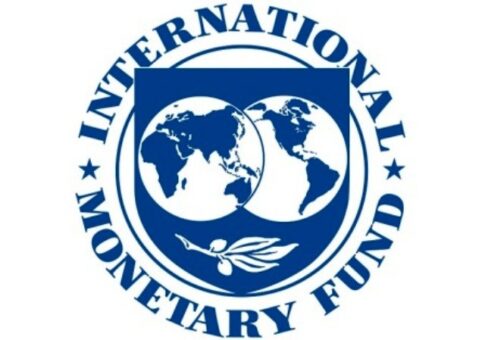Islamabad, July 13, 2024 – The International Monetary Fund (IMF) and Pakistan have announced a staff-level agreement for a $7 billion Extended Fund Facility (EFF). However, the disbursement of these funds awaits approval from the IMF’s executive board.
Building on the economic stability achieved under the 2023 Stand-by Arrangement (SBA), the new 37-month EFF aims to support Pakistan’s efforts to enhance macroeconomic stability and foster inclusive and resilient growth. The program focuses on strengthening fiscal and monetary policies and implementing reforms to broaden the tax base, improve the management of state-owned enterprises (SOEs), enhance competition, and scale up social protection through the Benazir Income Support Program (BISP).
Continued financial support from Pakistan’s development and bilateral partners will be crucial for achieving the program’s objectives.
IMF’s Mission Chief to Pakistan, Nathan Porter, led discussions during the IMF team’s visit to Islamabad from May 13-23, 2024. Following the discussions, Porter stated, “The Pakistani authorities and the IMF team have reached a staff-level agreement on a comprehensive program supported by a 37-month EFF amounting to SDR 5,320 million (approximately $7 billion). This agreement is subject to approval by the IMF’s Executive Board and the timely confirmation of necessary financing assurances from Pakistan’s development and bilateral partners.”
The new program seeks to capitalize on the macroeconomic stability achieved over the past year by focusing on several key areas:
1. Sustainable Public Finances: The program aims for gradual fiscal consolidation based on reforms to broaden the tax base and eliminate exemptions, while increasing resources for critical development and social spending. The authorities plan to increase tax revenues by 1.5% of GDP in FY25 and 3% over the program period. The recently approved FY25 budget targets an underlying general government primary surplus of 1% of GDP (2% in headline terms). Revenue collections will be supported by simpler and fairer direct and indirect taxation, including bringing net income from retail, export, and agriculture sectors into the tax system. Additional resources will be allocated to expand social protection by increasing both the generosity and coverage of BISP, education, and health spending.
2. Fiscal Balance Between Federal and Provincial Governments: The federal and provincial governments have agreed to rebalance spending activities in line with the 18th constitutional amendment through a National Fiscal Pact. This pact devolves higher spending responsibilities for education, health, social protection, and regional public infrastructure investment to provincial governments. The provinces will increase their tax-collection efforts, including sales tax on services and agricultural income tax. All provinces are committed to harmonizing their Agriculture Income Tax regimes with the federal personal and corporate income tax regimes by January 1, 2025.
3. Reducing Inflation and Building Strong External Buffers: Monetary policy will focus on supporting disinflation to protect real incomes, especially for the most vulnerable. The State Bank of Pakistan (SBP) will maintain a flexible exchange rate and improve the functioning of the foreign exchange market and transparency around FX operations. Measures will also be taken to deepen access to financing, strengthen financial institutions, address undercapitalized banks, and upgrade the crisis management framework.
4. Energy Sector Reforms: The authorities aim to restore energy sector viability and minimize fiscal risks through timely adjustment of energy tariffs, decisive cost-reducing reforms, and targeted subsidy reforms. They plan to replace cross-subsidies to households with direct and targeted BISP support.
5. Promoting Private Sector and Export Dynamism: Efforts will be made to improve the business environment, create a level-playing field for businesses, and remove state distortions. The authorities are advancing efforts to improve SOE operations and management, privatize profitable SOEs, and enhance transparency and governance around the Pakistan Sovereign Wealth Fund. They also plan to phase out incentives for Special Economic Zones, agricultural support prices, and associated subsidies.
The IMF team expressed gratitude to the Pakistani authorities, private sector, and development partners for their hospitality and fruitful discussions during the visit to Islamabad.
